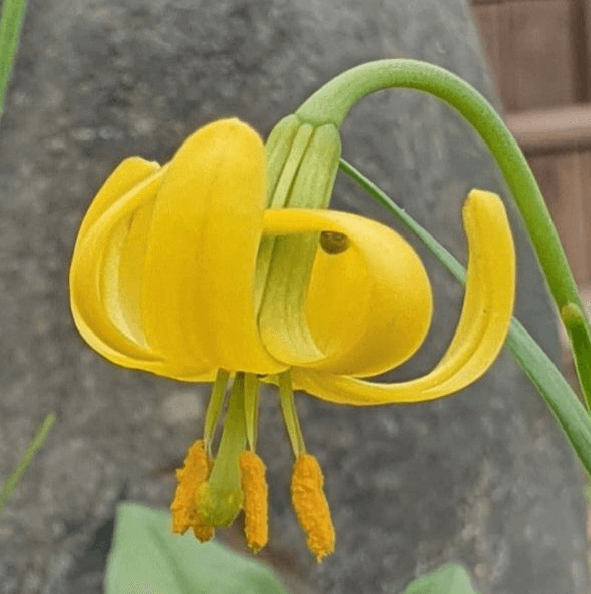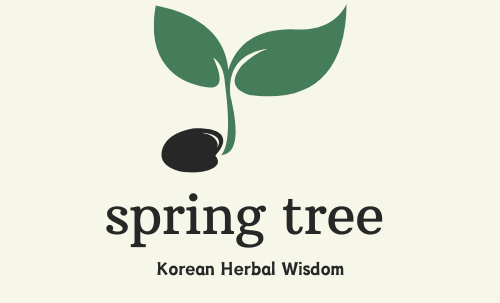“Discover the calming benefits of Lily (Lilium) for your health. Known for soothing the heart, relieving insomnia, and easing coughs, this traditional herb can help promote better sleep and respiratory health. Learn how to incorporate lily into your wellness routine for a peaceful mind and a healthy body!”

Let me introduce you to lily, an herb known by the same name in traditional medicine. Lily is amazing for replenishing Yin and moisturizing the lungs. It’s also great for cooling down heart heat and calming the nerves, which makes it helpful for dealing with issues like persistent cough, bloody sputum, heart palpitations, insomnia, vivid dreams, and a cloudy mental state.
These benefits have been appreciated in traditional herbal medicine for ages, and now recent studies are backing some of these claims too.
Ecology and Characteristics
Lily is a perennial herb that grows between 70 and 150 cm tall.
It has stems with purple streaks and scattered leaves with short stalks. These unique characteristics make lily pretty easy to recognize.
It blooms from June to September, and the flowers are so beautiful that people often grow lily as an ornamental plant. It’s a plant that’s loved both for its medicinal properties and for its beauty.

Medicinal Parts and Harvesting Time
The main part of lily used for medicine is the bulb, which is harvested in the autumn. After harvesting, the bulb scales are removed, cleaned thoroughly, and then blanched and dried. This preparation helps to bring out the full medicinal properties of the plant. When prepared properly, lily works wonderfully as a natural supplement. Make sure to store it in a cool, shaded place to keep it fresh and effective.
Properties and Benefits of Lily
Lily has a sweet and slightly bitter taste, with a mild cooling nature.
It’s said to influence the heart and lung meridians, which means it’s especially good for heart and lung health. Thanks to its ability to nourish Yin and reduce heat, lily is ideal for easing symptoms related to dryness and excess heat.
For instance, lily is often used to ease persistent cough linked to lung dryness, and it’s also known to help reduce mental stress and tension.
Recent studies have shown that lily extract contains anti-stress compounds that can be helpful for calming the nerves and improving sleep quality. Many people use lily tea to help them relax and get a better night’s sleep.

How to Use Lily and Important Precautions
To use lily, you can take 10 to 30 grams of dried herb, add it to 700 ml of water, and let it simmer over low heat until the liquid is reduced by half. This decoction can be split into 2 or 3 servings a day for the best results.
Regular use of lily can help boost lung function, calm the nerves, and improve sleep.
However, if you tend to get cold easily, you should use lily with caution since it has a cooling nature.
It’s always best to stick to the recommended dosage and check in with a healthcare professional if you’re unsure. Also, if you’re on any medications, make sure th
ere are no interactions that could cause problems.
Wrapping It Up
Lily is a wonderful herbal remedy that’s been trusted for centuries to help with a wide range of health issues. It’s especially good for nourishing Yin and supporting heart and lung health, and it’s great for reducing anxiety or improving sleep quality.
As long as you follow the right guidelines, lily can safely help you tap into the healing power of nature.
Whether it’s for better sleep or easing a stubborn cough, lily can be a great natural ally in your wellness routine. Just make sure you consider your body’s needs and specific symptoms to get the best out of it.
